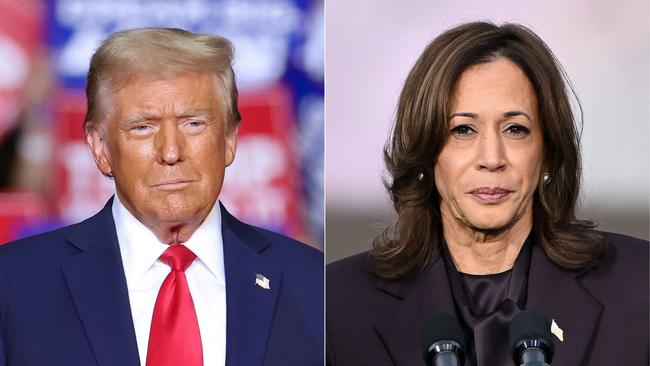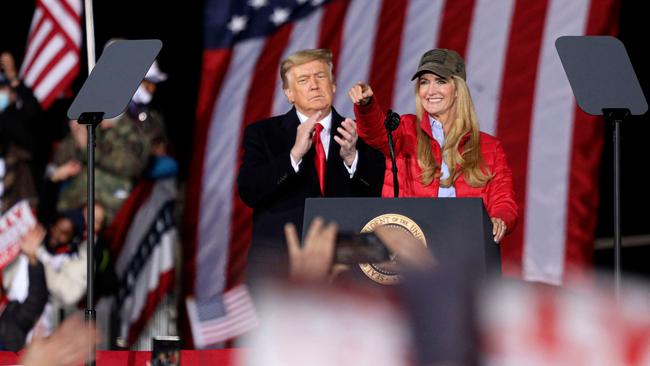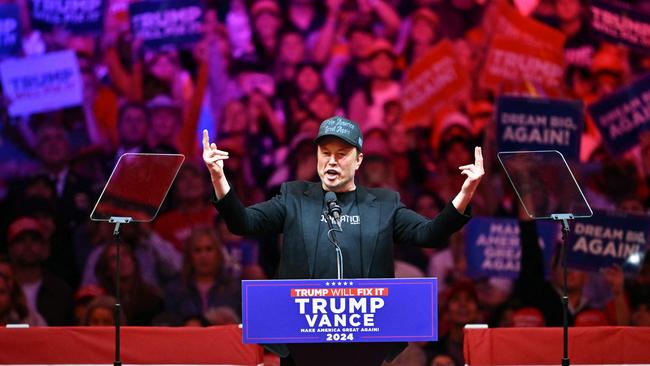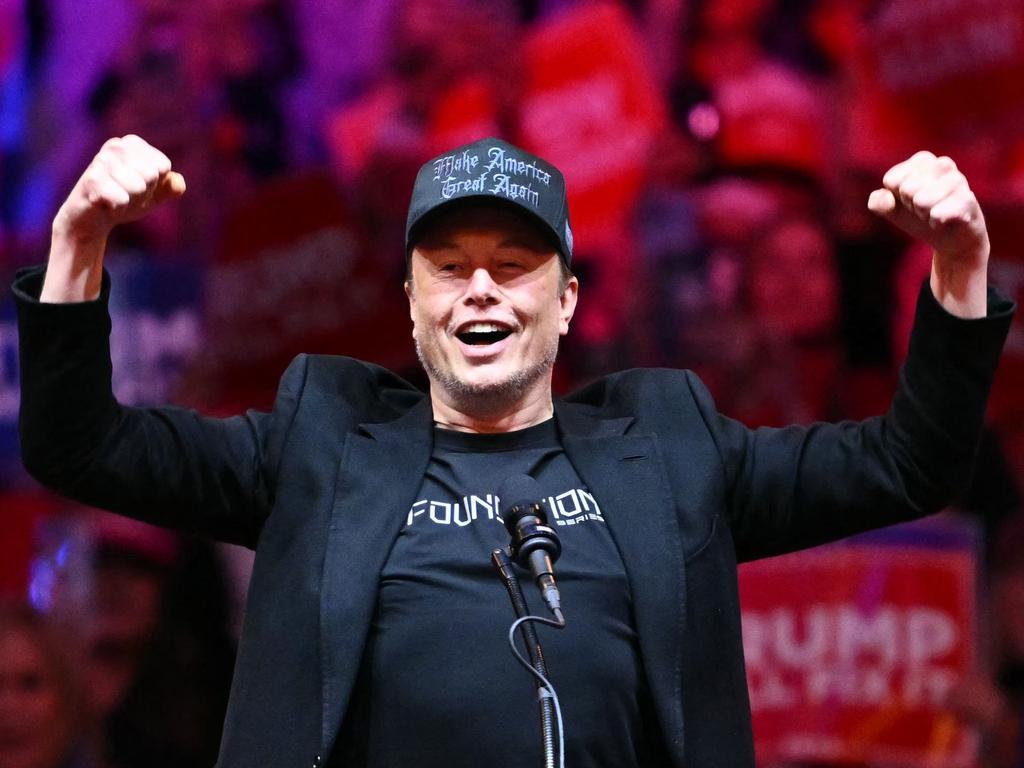Australians are understandably focusing on the dangerous implications of higher US tariffs. Just as dangerous for Australia is that Americans also voted for Trump policies that reverse the “woke” policies advocated by Kamala Harris.

The US “woke” policy rejection highlights the Australian contrast. We have embraced “woke” culture in our corporate boardrooms and management systems, education and high-cost energy policies.
Last week, to my horror, I discovered a US-based global investment house with $US1 trillion ($1.5 trillion) under management is ridiculing our “woke” policies. Even before Trump’s victory, it had decided to have no investments in Australia because of our “woke” corporate practices and choosing low-carbon energy alternatives that are high cost.
“Woke” was originally used as a term of pride by those seeking what they believed was social and climate justice. Female, racial and LGBT equality were major forces. It is now used as a term of derision by those who believe the woke social and climate justice movement has gone too far and is now harming society and its economic prosperity.
I am sure Trump will not deliver all that he has promised, but the voter approval of his policies and rejection of Kamala Harris and her woke policies represents a massive change in direction.
The Trump movement believes current American practices denigrate US history, require artificial racial and gender preference quotas and can create extreme environmentalism that boosts power and energy costs. Trump believes he has a mandate to transform the way business, education, sport and other activities are conducted in the US.

In a small way the validity of that US institution’s fear of what was happening in Australia came home to me when talking with the head of a medium-sized listed Australian miner. The chairman recognises that he needs additional board skills, but the board regards gaining gender equality as more important than filling the board skills gap.
Some board members are actually scared of being given nasty tags if they raise issues of skills versus gender.
In Australia badly conceived and implemented renewable energy policies have boosted the cost of living and, according to Morgan research, have slashed the importance ranking of global warming and climate change among the population.
Females are greatly enhancing Australian boards but if we copy energy-style woke policies in this area, the business community will turn their back just as sections of the wider community has with global warming.
Skills will now regain top priority in the US. To set the example, Trump’s first cabinet appointment was Susie Wiles as chief of staff. She was chosen not because she was female but because she was the best person to do the job.
Trump admitted that in his last administration, some of his early appointments were motivated by reasons other than picking the best person to do the job. This time with his chief of staff, Trump is looking to appoint the best people. Trump chose JD Vance as his vice president instead of playing the woke game of selecting someone who might gain votes in a particular area where he was weak.
Like Australia, the US is currently riddled with environmental and racial objections to mining, factory and housing developments. Trump is vowing to change that. If he succeeds, then Australia’s two biggest beneficiaries will be none other than BHP and Rio Tinto. One of the last actions of president Trump in his first term of office was to clear away the Apache attempts to block the giant Resolution copper mine development owned by Rio and BHP (the mine was acquired as part of BHP’s disastrous $3bn Magma acquisition in the 1980s, and they gave a 55 per cent stake to Rio Tinto almost in frustration and anguish). When Trump lost office, the racial mire returned.
Trump also plans to transform energy costs in the US by allowing more gas to be produced, which will almost certainly reduce the need for coal. Nuclear will be a vital part of US low-carbon energy because of its cost and reliability. A multitude of US hi-tech companies are planning to embrace it to support their operations.
The tariff debate is much more complex than trade wars. In the US, Elon Musk will be given the task of making the US government more efficient and is promising 30 per cent, or $US2 trillion, in savings. Similar outcomes will take place in many US and Australian corporations, particularly those in the service sector.

And Australia will simply not be able to afford the current waste in government. But we are going to need to create jobs for a large number of people. The last time this occurred was at the end of World War II when we had large numbers of soldiers returning to the workforce plus a heavy migration program motivated by the perceived need to increase population to be able to defend the country.
We used tariffs and subsidies to develop manufacturing to absorb that labour. Like the US we face a repeat of the post-war environment, so we will also be looking for solutions. Australia is unlikely to follow the US in tariffs, but the problem will need to be addressed.
Filling the jobs lost to AI will not be easy, given our new industrial relations legislation and the high power costs being imposed on Australia thanks to the bad application of renewable projects.
I believe ordinary Australians outside the capital city elites have similar attitudes to the US. When given the chance they voted no in the voice referendum. In the US they voted to change the education system, lower energy costs and reduce migration.






Wall Street is booming on the election of Donald Trump as president for all the obvious reasons – lower taxes, lower energy costs and less regulation delivering an environment for better investment.